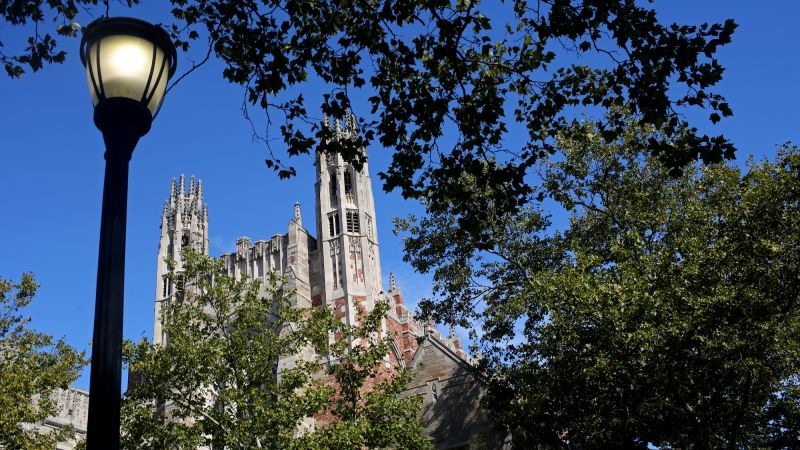Several New England universities and colleges, including Yale University, Tufts University, Boston University (BU), and Wellesley College, have announced undergraduate tuition and costs that will exceed $90,000 for the upcoming academic year. These costs reflect the increasing expenses associated with higher education, which have risen far above the average inflation rate for other goods and services. For example, Tufts University estimates undergraduate expenses for the 2024-2025 school year to be nearly $96,000, surpassing Wellesley College’s estimate of around $92,000. These figures represent a 4.7% increase from the previous year for Wellesley, with total fees including health insurance amounting to $92,060.
Despite the high costs, many students at universities like Wellesley receive financial aid, with approximately 60% of students receiving aid and the average financial aid award being $67,469. The university is committed to making education affordable for all students, meeting the full calculated financial need of every enrolled student. Both public and private colleges have experienced tuition increases in recent years, with the cost of attending a public four-year college rising over 200% between 1987 and 2017. Student debt has also been on the rise, with the average borrower between the ages of 25 and 34 owing around $32,000, according to Department of Education data.
Yale University, with costs approaching $91,000, and Boston University, with costs around $90,000, are among the institutions with high tuition fees for the upcoming academic year. BU has expanded financial aid packages to bridge the gap between cost of attendance and affordability, meeting 100% of demonstrated financial need for admitted US citizen or permanent resident first-year students. The university is awarding $425 million in financial aid to undergraduate students, with 92% of the aid being need-based and guaranteed for four years through BU Scholarship Assurance. An additional 8% of aid is merit-based.
Yale University’s undergraduate financial aid budget for the 2023-24 academic year was $241 million, triple the amount from the 2007-08 academic year. The university meets 100% of demonstrated financial need without requiring loans for students or parents, regardless of citizenship or immigration status. Tufts University has also provided significant need-based grants to students, with an average grant exceeding $53,500 for the current first-year class. Tufts is committed to meeting the full demonstrated financial need for all admitted undergraduate students, ensuring that many students pay less in tuition than the published price. Overall, these high costs and increasing financial aid support highlight the challenges of affordability in higher education for both students and institutions in the New England region.














